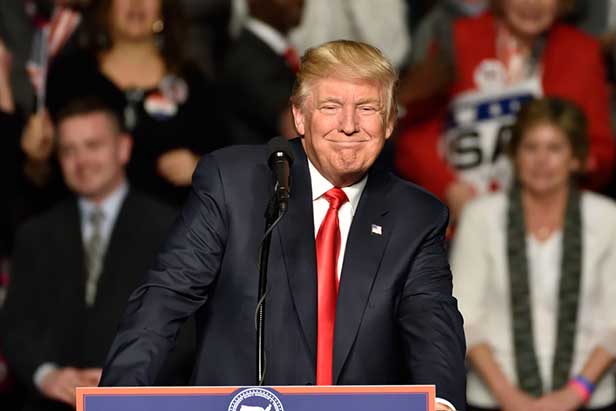December 04, 2019
U.S./China Tariff Rollbacks Could Be Imminent
The U.S./China trade war has continued its pattern of wide vacillation, shifting from recent downbeat developments to optimism for a deal before Dec. 15.
Sources close to U.S./China trade negotiations said this week that the world’s two largest national economies could agree to terms on a “Phase One” trade deal within the next 10 days, according to a report from Bloomberg.
The agreement, sources said, could include rolling back some of the tariffs the U.S. has placed on Chinese imports – a potentially positive development for the domestic promotional products industry, which imports most of the products it sells stateside from China.
A lot can go wrong between now and the signing of a phase one deal — and President Trump is of course always a wild card — but his comments yesterday weren’t intended to signal that trade negotiations have stalled. Talks continue with the goal to get an agreement by Dec. 15. https://t.co/ddVUYVXmgh
— Jenny Leonard (@jendeben) December 4, 2019
In a Wednesday report, the sources told Bloomberg that U.S. negotiators expect a “Phase One” deal – a preliminary agreement that would lay the foundation for a broader comprehensive deal – to be completed before Dec. 15. That’s the day President Donald Trump has set to impose tariffs of 15% on an additional $156 billion in Chinese imports. “Outstanding issues in the talks include how to guarantee China’s purchases of U.S. agricultural goods and exactly which duties to roll back,” Bloomberg reported.
The development comes just a day after Trump said he might favor waiting until after the 2020 election to sign a trade deal. “In some ways, I like the idea of waiting until after the election for the China deal, but they want to make a deal now, and we’ll see whether the deal’s going to be right – it’s got to be right,” Trump said Tuesday in London, where he was attending a NATO summit. He said he doesn’t have a deadline to complete an agreement. Stocks plunged following the president’s comments, but futures rallied following the revelations about a possible deal.
While some analysts have opined that China isn’t in a rush to make a deal, others have said mounting economic pressures and the West’s allegedly changing view of the country could actually be driving Beijing to seek an agreement sooner than later.

President Donald Trump
The Trump administration has already slapped duties on about $360 billion in China-made products. Should the additional tariffs go into effect Dec. 15, essentially everything the U.S. imports from China will be subject to tariffs. Importing American companies and their customers – including those in the promo products market – ultimately pay the duties.
Beijing has asserted that a scale down in tariffs is necessary for a deal to proceed. Trump has been reluctant to lift the levies, having essentially said they provide the U.S.’s greatest leverage in the trade war. Trump has even threatened to increase import duties should the U.S. and China not reach a deal.
The U.S./China trade conflict has caused issues for the American promotional products industry that include increased product prices, destabilized annual pricing, challenges in producing catalogs and an ever-more-uncertain selling environment that some fear could cause end-buyers to reduce their spending on ad specialties.
Writing instruments and a far-reaching range of apparel products – including T-shirts, the single-largest product category in terms of sales in the promo industry – are among the items affected by tariffs. Other affected promo categories include bags, stationery, select drinkware, headwear, tech and accessory items. More widespread price increases could be implemented in the months ahead if tariffs remain in place – and if more are imposed – as suppliers replenish stocks with products subject to the duties.
